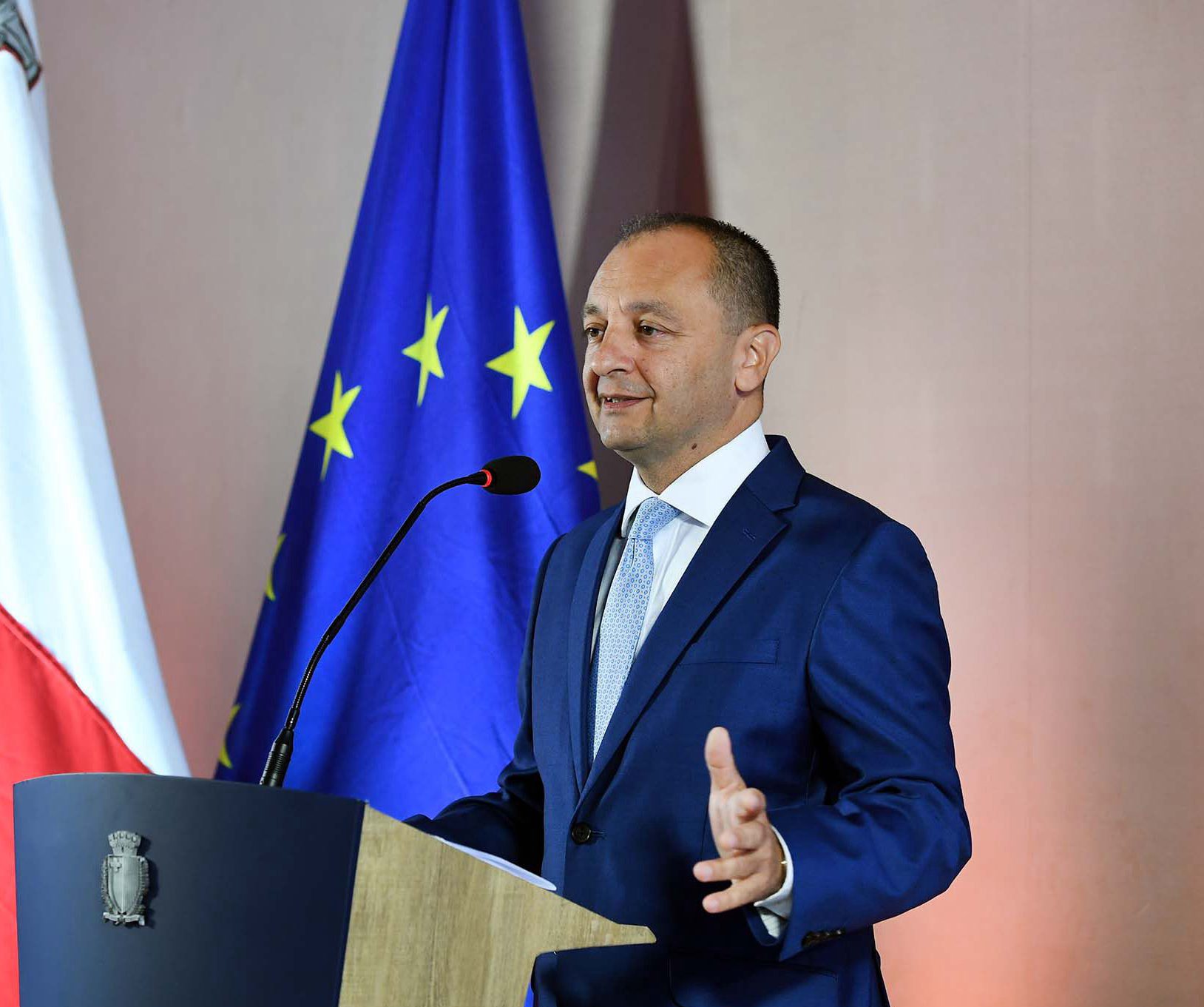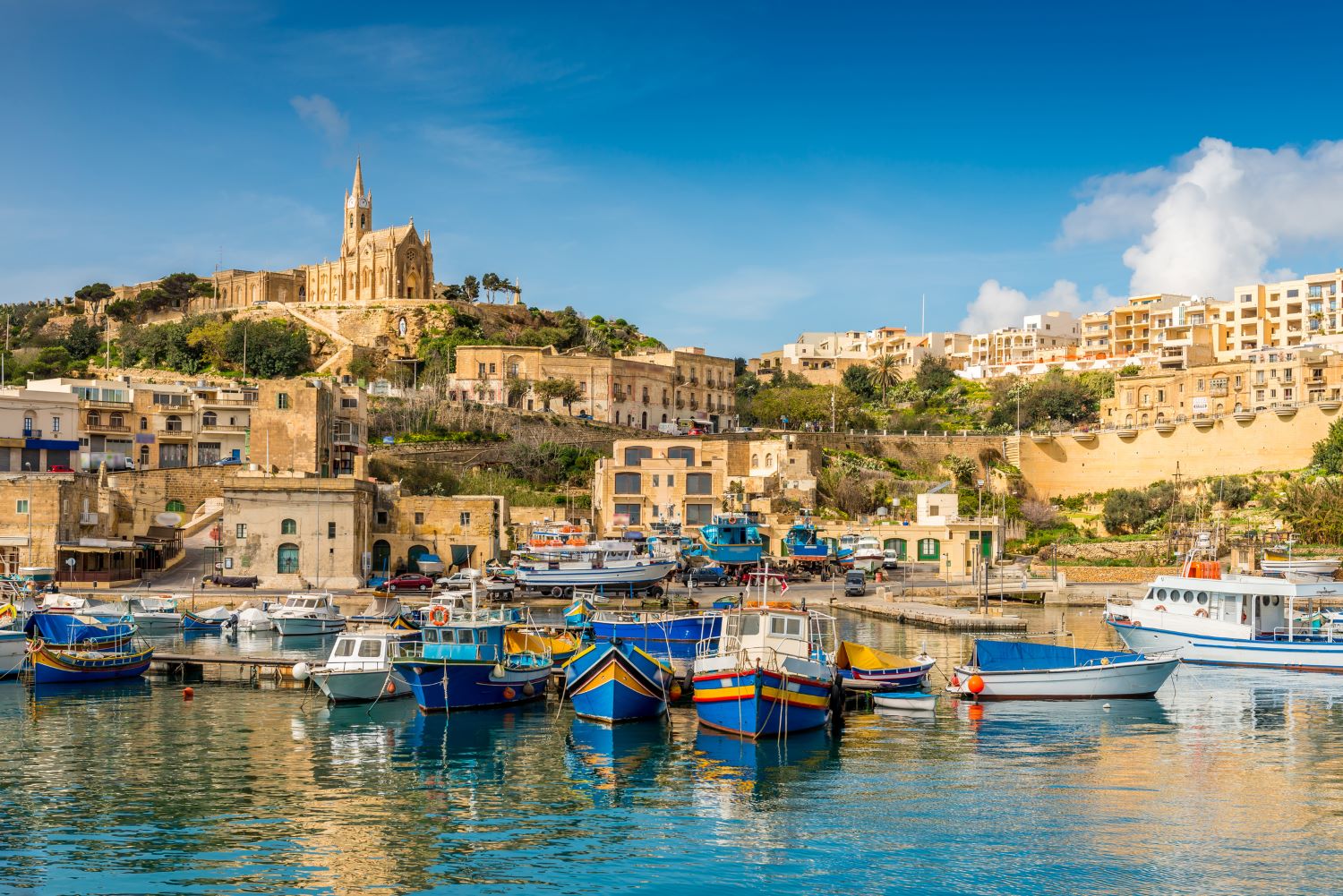The recent changes to the laws regulating cab drivers have been denounced by a prominent cab and fleet operator, who describes the clampdown on non-European nationals as a “witch-hunt”.
In July, the Maltese Government changed tack on the provision of cab services, known as ‘Y-plates’, by drivers who do not hold a Maltese driving licence.
Previously, as is in the case in the rest of the European Union, holders of driving licences issued by countries outside the bloc had a one-year grace period where they could drive on Maltese roads without a local licence.
After one year, all drivers are obligated to have Maltese driving licences.
However, new regulations that were announced and came into effect last month removed this one-year period, throwing the sector in chaos and upending the lives of countless immigrants who had uprooted their lives to come and work in Malta.
At the time, the Ministry for Transport said the new rules fill provide better regulation for the sector “to ensure the service offered is of the highest quality and safety”.
“This change really surprised us,” says Mantvydas Narusevicius, founder and CEO of WFDM, a recruitment agency, fleet operator and cab company, among other endeavours.
WFDM has a fleet of 32 cars and employs nearly 70 drivers, apart from sourcing and providing human resources to other local transport operators.
“We felt like, ‘This can’t be happening’,” he tells BusinessNow.mt.
“Overnight, we had roadblocks everywhere, hunting third-country nationals.”
Third-country nationals (TCNs) are citizens of countries that do not form part of the EU or the European Economic Area (EEA).
In Malta, many TCNs come from India or other countries in South Asia. These currently make up around a third of the country’s workforce, being employed as shopkeepers, waiters, and drivers, among other roles.
The crackdown comes in a context of widespread complaints about the impacts of overpopulation as Malta’s infrastructure and services have struggled to keep up with the demands of so many people.
On social media groups related to the sector, and not only, the frustration expressed by Maltese individuals is hard to miss, often manifesting in jeers related to TCNs’ ethnic background.
Politicians have sought to capitalise on these complaints, with political rhetoric steadily heating up over the last months.
Mr Narusevicius reports hearing of treatment of some drivers that was “shocking”: “We heard stories of people being bundled away and taken to the Ħal Safi detention centre before being deported a few days later,” he says. “As far as we can tell, there has been no due process, no chance for remediation, nothing.
This tallies with a statement released by Bolt, a major cab operator in Malta:
“Bolt met with public authorities on multiple occasions to propose a smoother transition period for the law to come into force, particularly to cater for those already in the migration process and whom had already made personal plans to move to Malta to work,” said a spokesperson for the company.
“Bolt Malta was and remains concerned about the humanitarian implications of this new law. We mustn’t lose sight of the fact that there are many genuine individuals who have had their life plans uprooted overnight, due to this new law that came into force with very little transition period or advance warning.”
Effectively, continues Mr Narusevicius, the cab industry has been “cancelled”.
Asked about the impact this could have on the company and wider economy, he makes no bones about the fact that “economically, financially, morally, I am not feeling so good.”
Mr Narusevicius, a Lithuanian, highlights the ethical implications of the legislative change, and the “immeasurably negative effect” it is having on people’s lives.
As for the economy, he points out that these drivers live, eat and spend money in Malta, and the cabs need to be bought, maintained, and fuelled.
“Businesses are losing customers, landlords are losing tenants, restaurants are losing patrons. Money is recycled throughout the economy, and this will undoubtedly have a residual impact on other sectors.”
For customers, meanwhile, the lack of drivers will likely mean increased waiting times and higher prices.
At a major festival taking place over the Santa Marija period in mid-August, close to no cabs were available from two of the largest operators at the end of the event. It took over an hour for cabs to become available, and then for prices north of €70.
“Expect more of this,” says Mr Narusevicius. “This is what the country has chosen.”
Malta’s innovation ecosystem takes centre stage at launch of new community hub
EIT Malta Officer Diana Miceli said the event highlighted 'how much potential Malta has to become a leading innovator'
DIER cracks down on employment agencies bringing foreign workers to Malta
DIER has intensified its enforcement of employment agencies responsible for bringing foreign workers to Malta
Gozo issues call for roadmap to climate neutrality
The plan to achieve climate neutrality in Gozo by 2030 is ramping up






